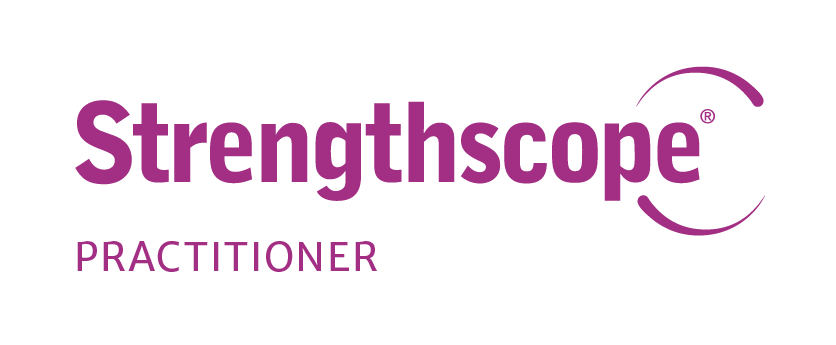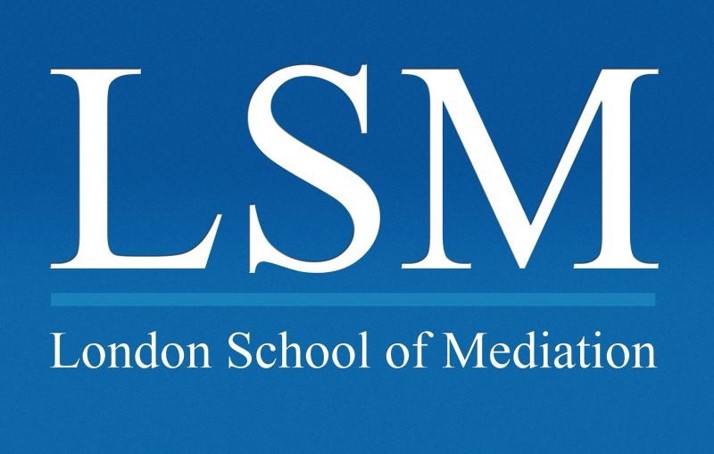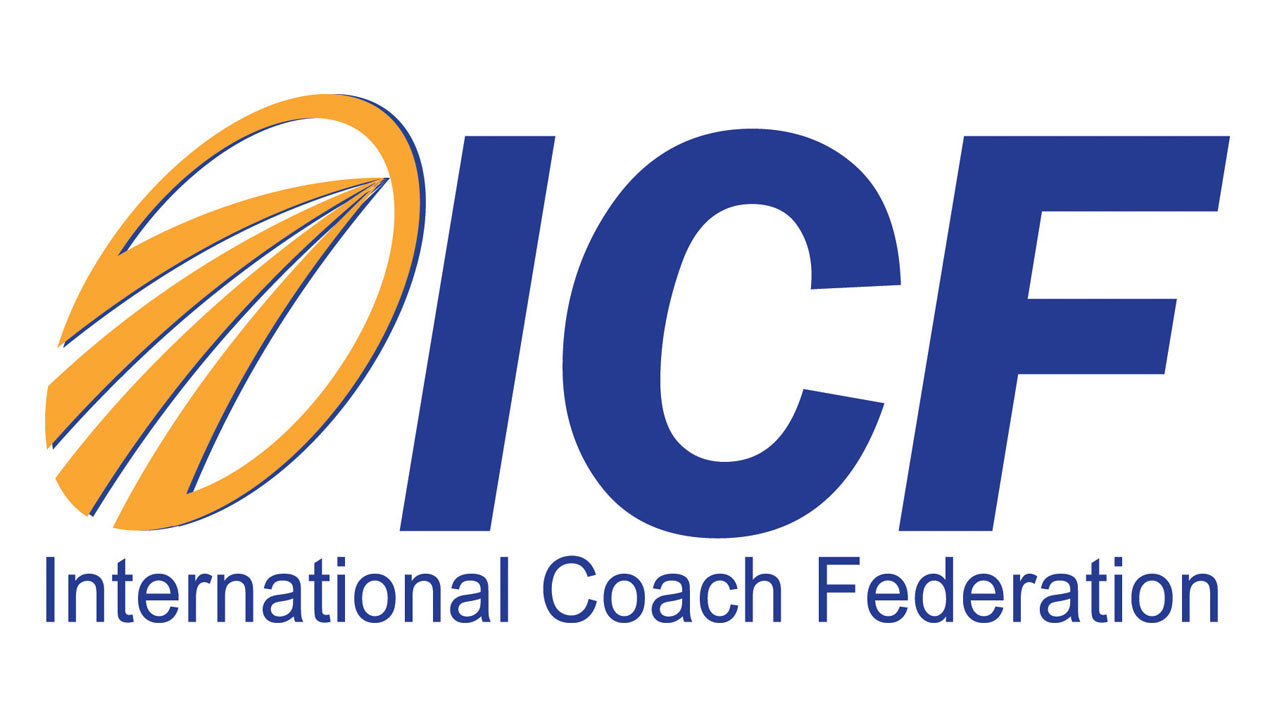Workplace Mediation
During my HR consultancy work I have been asked on many occasions over the past few years to act as a mediator between parties engaged in a dispute in the workplace. These requests have sometimes followed investigations I have undertaken as an external and independent consultant, as part of a grievance or disciplinary procedure. Often I have been engaged in order to help an organisation avoid formal proceedings.
I have relished the challenge of workplace mediation, as it combines both my experience as a senior HR practitioner, using my awareness of the legal and policy framework that surround relations between employees, with the listening, summarising and negotiating skills I have developed during my fifteen years as an executive and team coach.
In essence, workplace mediation can be undertaken when the two participants in a dispute, which can be individuals or groups, come to a voluntary agreement to attempt to resolve their differences with the assistance of a workplace mediator.
As well as being entirely voluntary for both participants, workplace mediation is confidential and without prejudice; discussions during mediation cannot be used in any future proceedings.
The workplace meditator is neutral and independent, will not propose any specific course of action, will not give advice, and will not be prepared to act as a witness if action is taken in the future by either participant. Any notes the mediator takes during the process are destroyed immediately an agreement has been reached.
In terms of process, the mediator will usually meet with both participants individually to understand their initial position and then proceed to work between the participants to try to reach a position that they can both accept and agree.
Mediation is used these days in many commercial and community settings, but workplace mediation is one of the few areas where the participants are likely to continue to have an ongoing relationship, rather than reaching a financial settlement, so the final agreement between the participants needs to be strong, sincere and workable.
At the beginning of last year, I undertook an excellent certificated training course on mediation with the London School of Mediation, in order to formalise my position, become an Accredited Mediator and to start to work towards membership of the Chartered Institute of Arbitrators.
So, as well as my work as an Executive Coach, Team Coach, Facilitator and HR Consultant, I am now qualified to undertake workplace mediation and would welcome contact from your organisation or from your network where you think I might be able to help to resolve an issue developing between individuals or across teams from becoming a formal complaint or a misconduct case.
I know a lot of organisations have embraced the concept of mediation internally and have developed mechanisms for requiring colleagues to explore the possibility of trying mediation before moving to more formal procedures. However, if your organisation isn’t quite there yet, or if you think you would benefit from an external mediator, drop me a line. I’d be happy to help.









Very interesting article – thanks for the information.